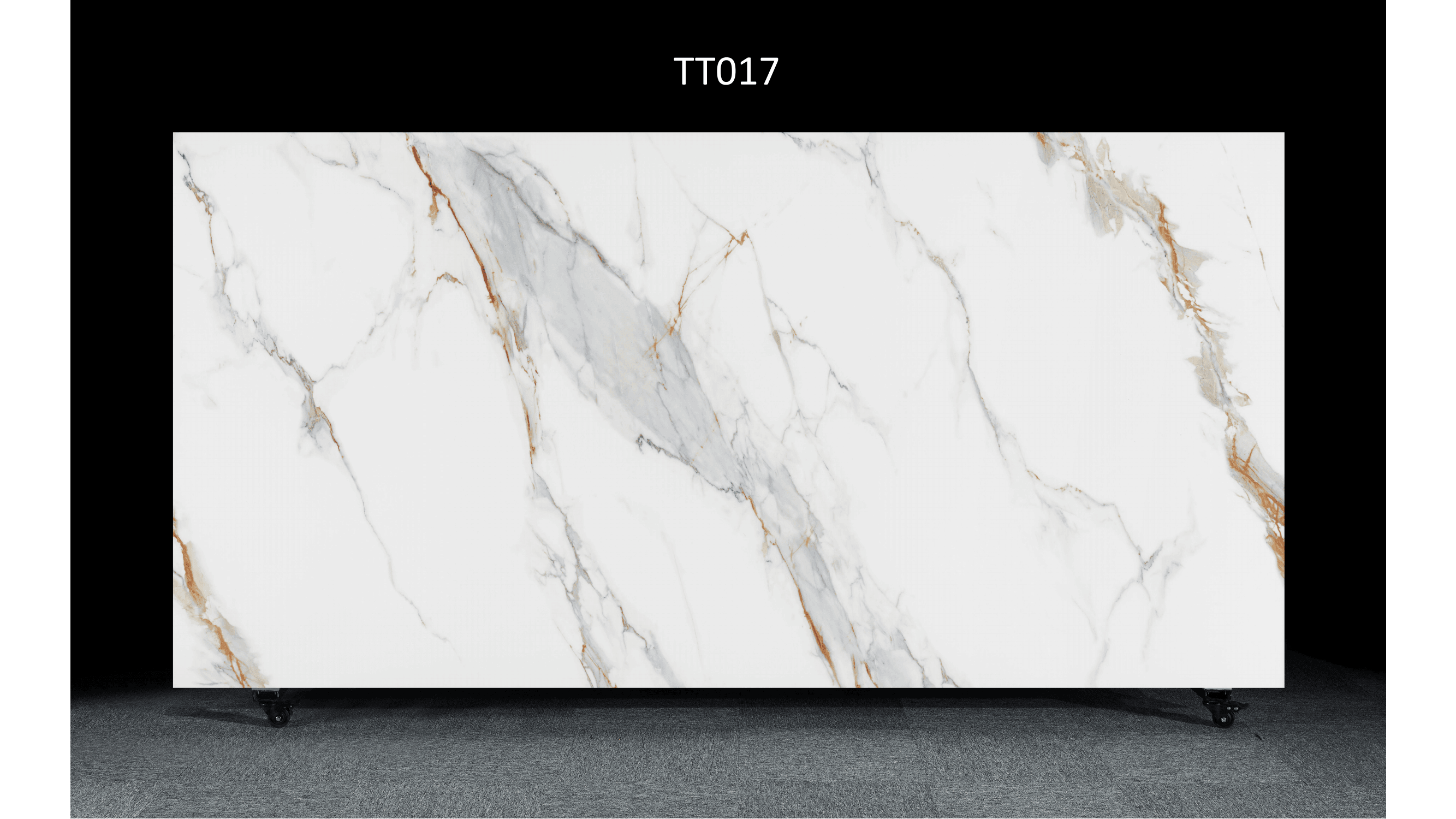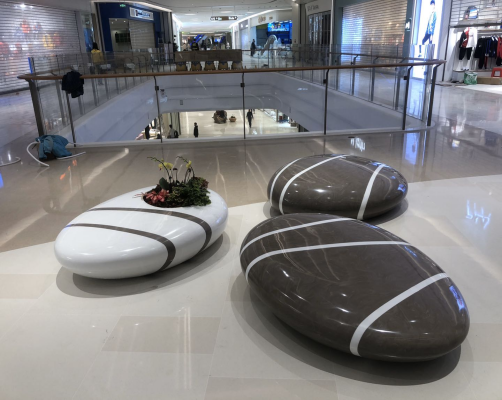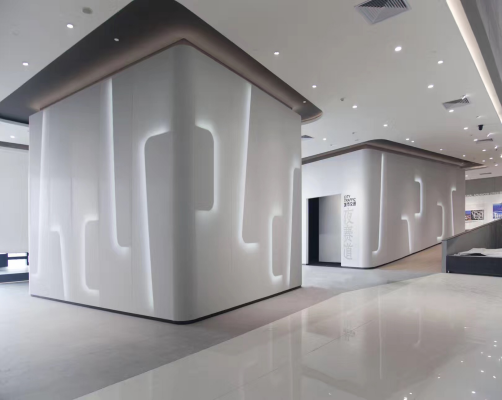Advantages of Quartz Slabs
Quartz slabs have gained immense popularity in recent years for kitchen countertops. One of the main reasons is their exceptional durability. Unlike natural stones like marble or granite, quartz slabs are engineered to be non-porous, making them resistant to stains, scratches, and heat. This makes quartz slabs an ideal choice for busy kitchens where spills and accidents are common.
Wide Range of Colors and Designs
Another major advantage of quartz slabs is the wide variety of colors and designs available. Manufacturers are able to produce quartz slabs in virtually any color and pattern imaginable, making it easier for homeowners to find the perfect match for their kitchen decor. From solid colors to intricate veining patterns resembling natural stones, there is a quartz slab design to suit every taste.
Low Maintenance and Hygienic
Quartz slabs require minimal maintenance compared to other countertop materials. Their non-porous surface prevents the growth of bacteria, mold, and mildew, ensuring a hygienic cooking environment. Regular cleaning with mild soap and water is all that is needed to keep quartz slabs looking their best. Unlike natural stones, quartz slabs do not require sealing or resealing, making them a hassle-free choice for busy homeowners.
Cost and Investment
While quartz slabs may have a higher upfront cost compared to materials like laminate or tile, they offer a great return on investment in the long run. Their durability and resistance to damage mean that they are less likely to need repairs or replacement, saving homeowners money in the future. Additionally, the timeless beauty and versatility of quartz slabs can increase the value of a home, making it an attractive option for those looking to sell.
Drawbacks to Consider
While quartz slabs offer numerous benefits, it's essential to consider a few potential drawbacks. One disadvantage is that they can be more susceptible to UV damage. Prolonged exposure to direct sunlight may cause discoloration over time. Additionally, quartz slabs are not as heat-resistant as materials like granite or concrete. It is recommended to use trivets or hot pads when placing hot pots and pans on the surface to avoid any damage.

In Conclusion
When it comes to kitchen countertops, quartz slabs are an excellent choice for many homeowners. Their durability, wide range of colors and designs, low maintenance, and hygienic properties make them a top contender. While there are some minor drawbacks to consider, the overall benefits of quartz slabs outweigh any potential disadvantages. If you're looking for a countertop that combines style, functionality, and longevity, quartz slabs are definitely worth considering for your kitchen.
 Column
Column
 Leisure seat
Leisure seat
 Wall
Wall
 Reception
Reception